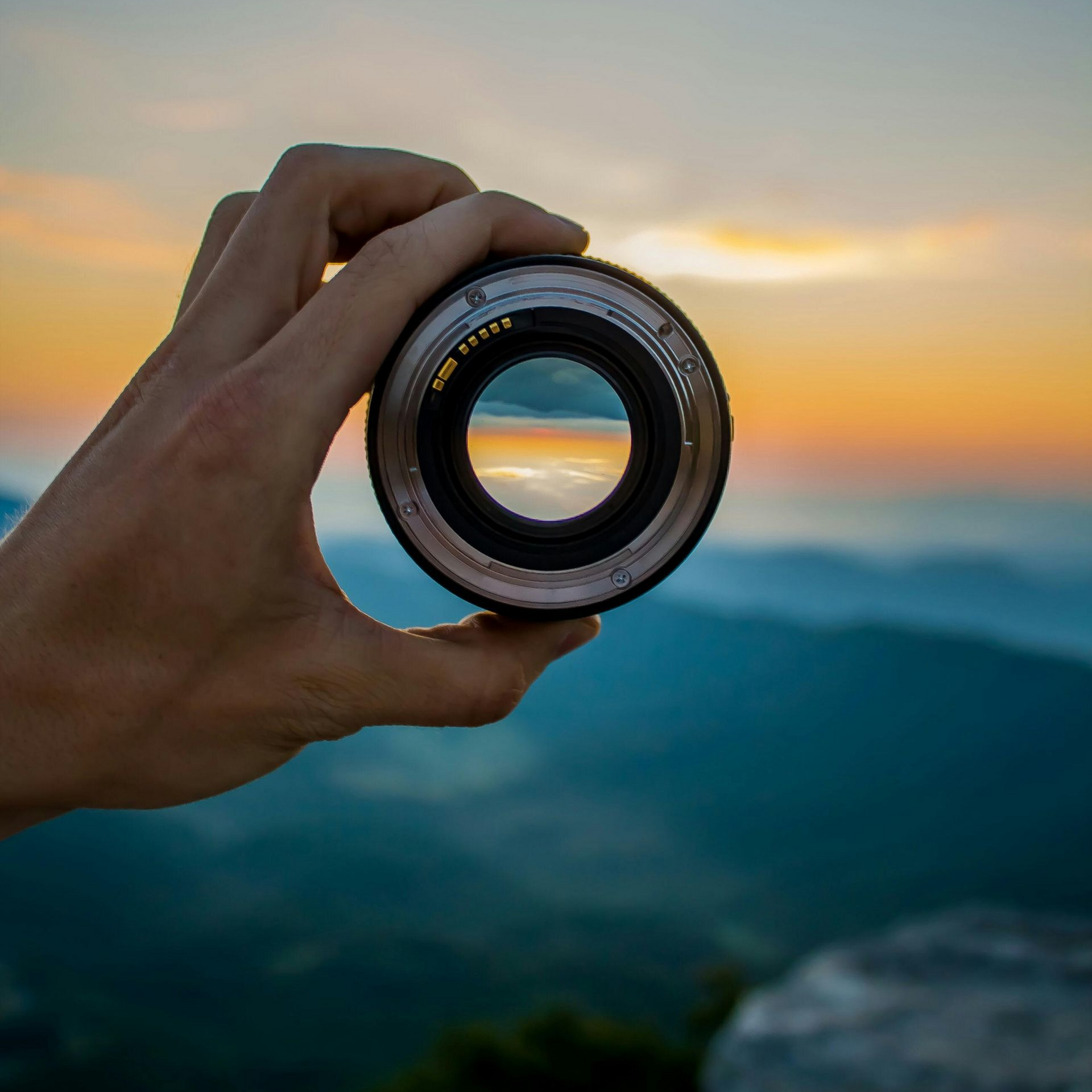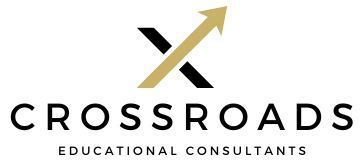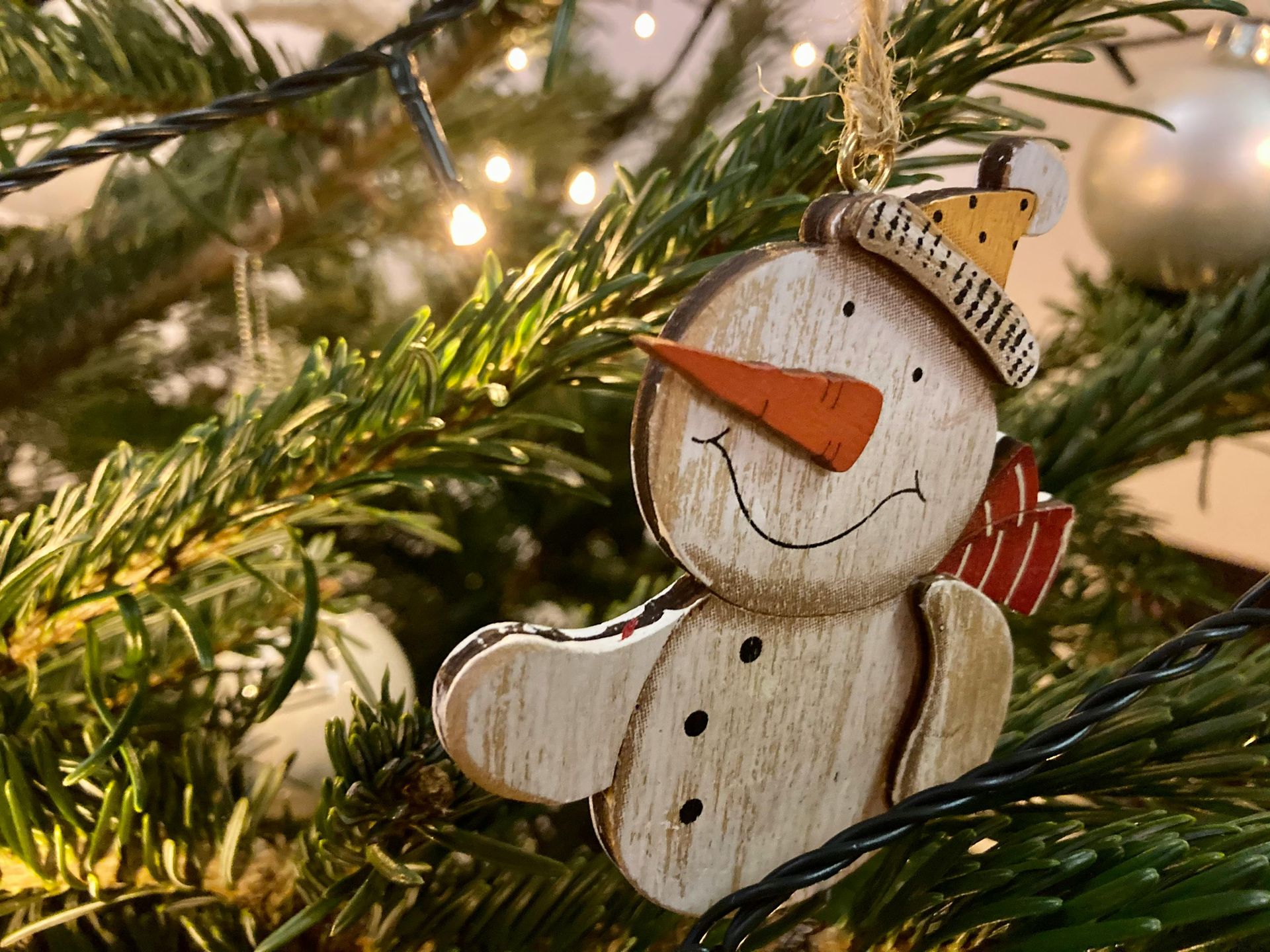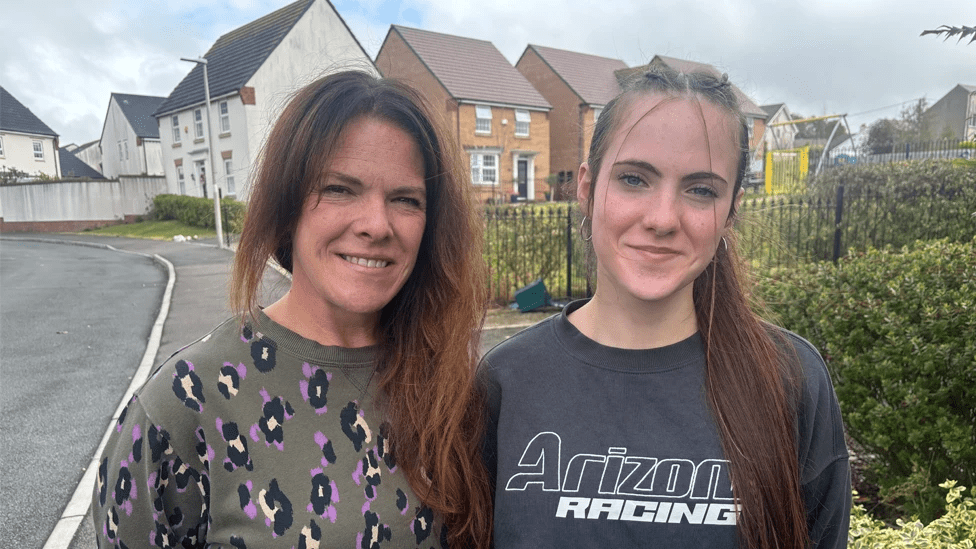
Turn Catch-ups into Career Goldmines
I wanted to share some thoughts on career guidance for teenagers, especially after attending a few meetings recently that included a careers adviser. I highly recommend that when your teen is ready, you encourage them to engage with these professionals. They offer a wealth of information and excellent resources that can help your teen discover more about themselves, their strengths, and the careers where those strengths can truly shine. They can provide structured guidance and access to tools that might not be readily available elsewhere, making the exploration process more efficient and focused.
However, I've also realized that my own social circle is full of people in an astonishing array of different careers, and most people genuinely love talking about their jobs. Those working in a particular field can provide much deeper insights into the pros and cons of a role, the best ways to get into that career, and various paths to promotion. These real-world perspectives can offer a nuanced understanding that goes beyond what can be found in a brochure or online.
Our children have really enjoyed gaining these insights and learning about jobs they didn't even know existed! For example, they've learned about the many varied roles within the Police Force and how most medium to large organizations have an HR team – even if you don't fancy a job in HR, understanding what they do can be incredibly helpful in any career. They've also discovered the dedication required to run a charity and how resourceful and innovative one must be to work in an art gallery. Next week, they'll be interviewing a reporter, which I'm sure will provide another fascinating perspective. These informal conversations have truly broadened their horizons.
So, I encourage you to catch up on those long-overdue coffees with friends that you might not always get around to now that you're home-educating. Let your friends share their knowledge and experiences – it can be incredibly valuable for your teens, providing them with a diverse range of insights directly from professionals in various fields!
Share



